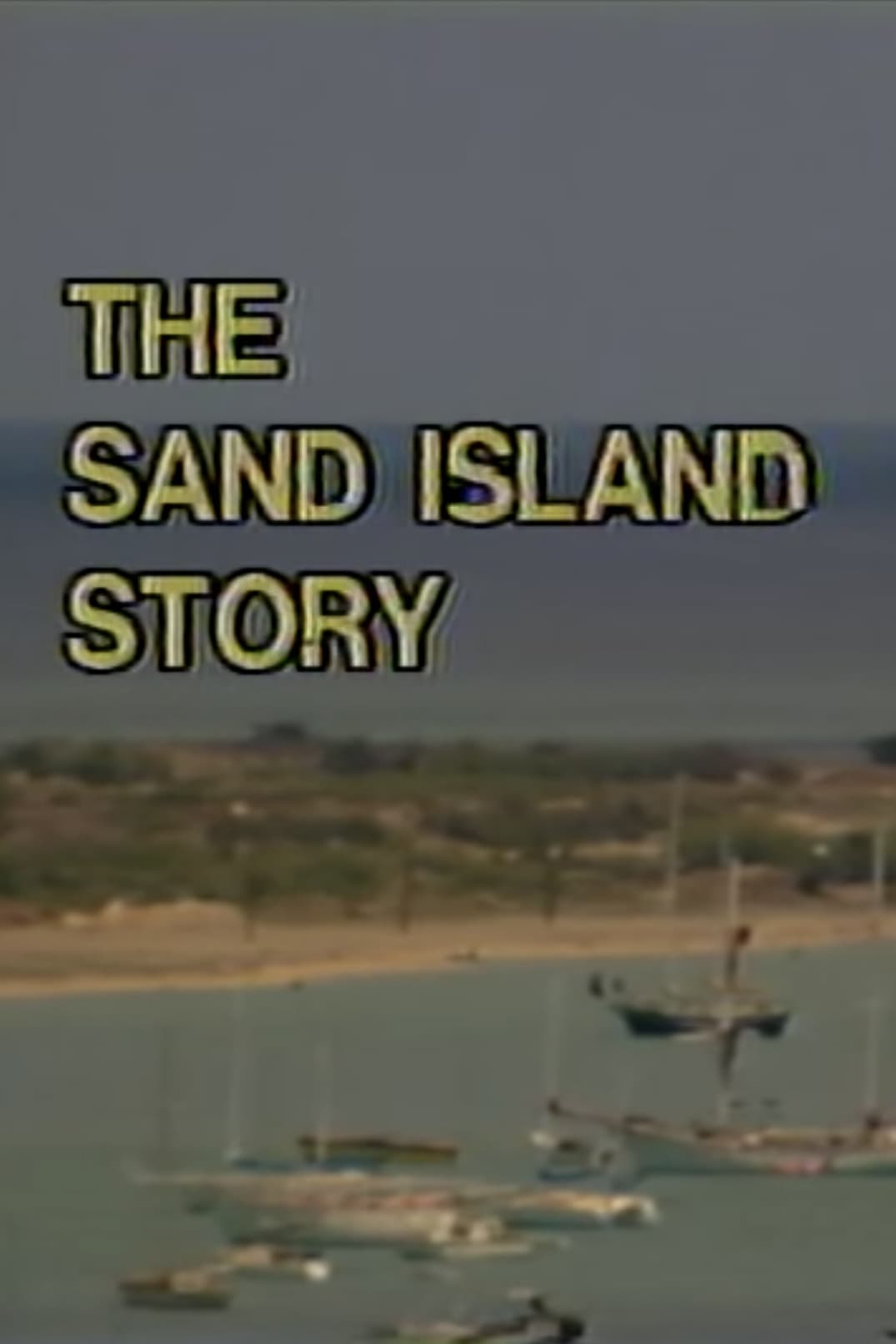Puhipau
Abraham “Puhipau” Ahmad was a Hawaiian Kingdom patriot and documentary filmmaker who dedicated his life to enlightening himself, his people and the world about Hawaiian history, sovereignty and aloha ‘āina. He was born in Hilo to Caroline Aku of Kealia, Kona, and Abraham Ahmad, formerly of Palestine. Raised in Keaukaha and on O‘ahu, he attended the Kamehameha Schools (Class of ’55) and was awarded a football scholarship to the University of Oregon. He worked in the Merchant Marine for 10 years, sailing around South America, and to the North Pacific and Asia, while raising three sons in California with his wife Vivian Aulani (Fish) Ahmad. Returning to Hawai‘i, he eventually found himself in the middle of a land rights struggle at Sand Island in Honolulu Harbor, where a group of Hawaiians, unable to afford the high cost of living, had established a community in an area used as a rubbish dump. They subsisted off the sea, living the lifestyle of their ancestors in one of the most productive fisheries on O‘ahu, Mokauea. In 1980, Puhipau and others were evicted and arrested by the Department of Land and Natural Resources, an event that was documented by Victoria Keith and Jerry Rochford in “The Sand Island Story” and broadcast on PBS stations throughout the United States. During the subsequent trials, Puhipau read Hawaii’s Story by Hawaii’s Queen. Determined to document the history of Hawai‘i and its culture under threat, he formed a video production team with Joan Lander called Nā Maka o ka ‘Āina (“The Eyes of the Land”).
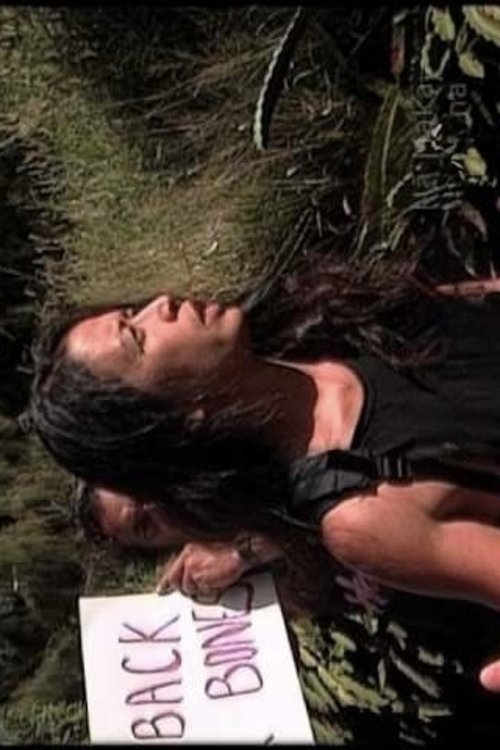
Na Wai E Ho'ōla I Nā Iwi - Who Will Save the Bones?
(Director)
The Hawaiian Art of Healing
(Director)
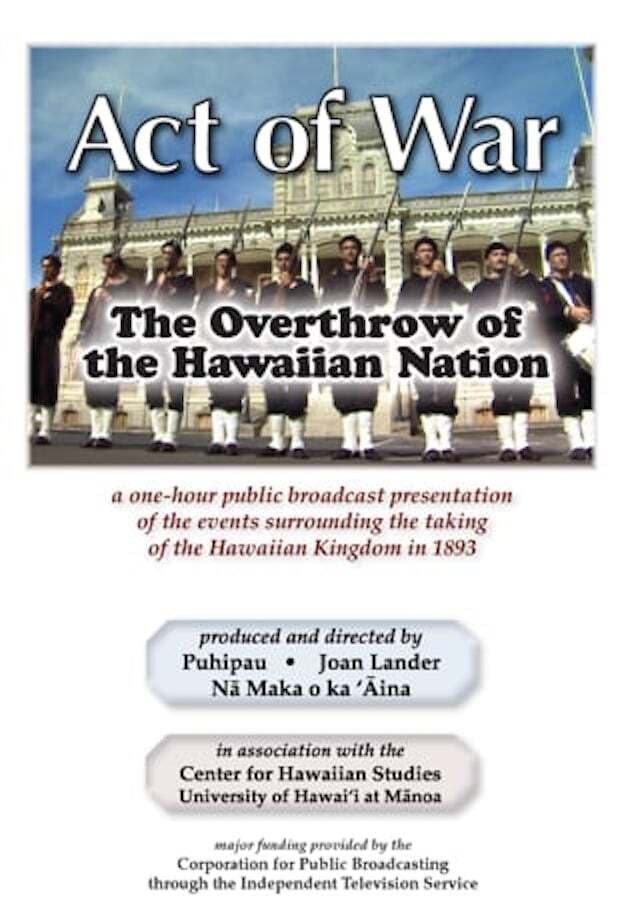
Act of War: The Overthrow of the Hawaiian Nation
(Director of Photography)
Mākua Homecoming
(Director)
Malama Haloa - Protecting the Taro
(Director)

Act of War: The Overthrow of the Hawaiian Nation
(Director)

Act of War: The Overthrow of the Hawaiian Nation
(Producer)
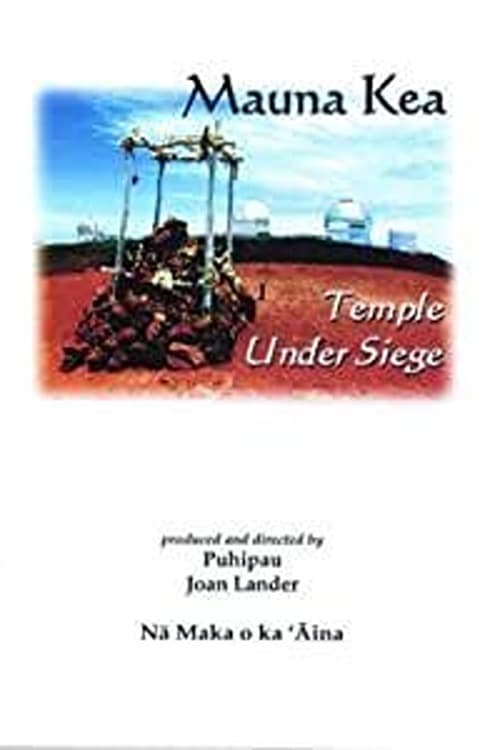
Mauna Kea: Temple Under Siege
(Director)
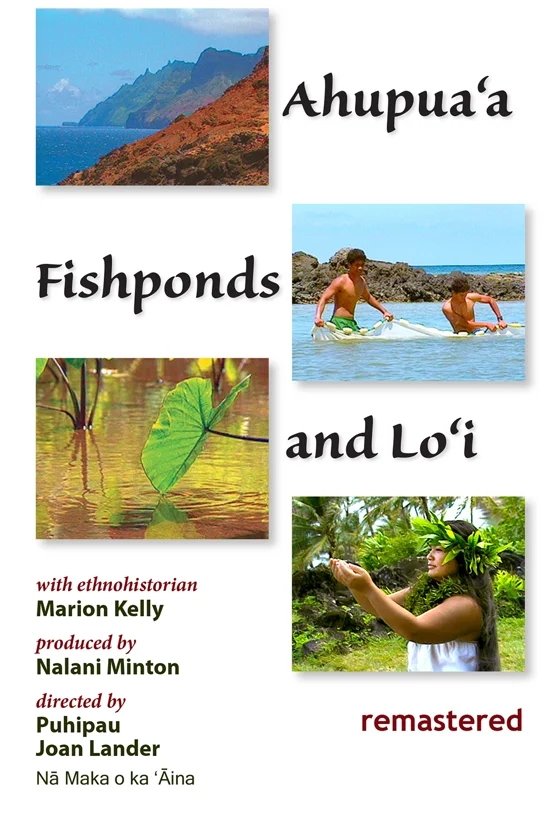
Ahupua‘a, Fishponds and Lo‘i
(Director)
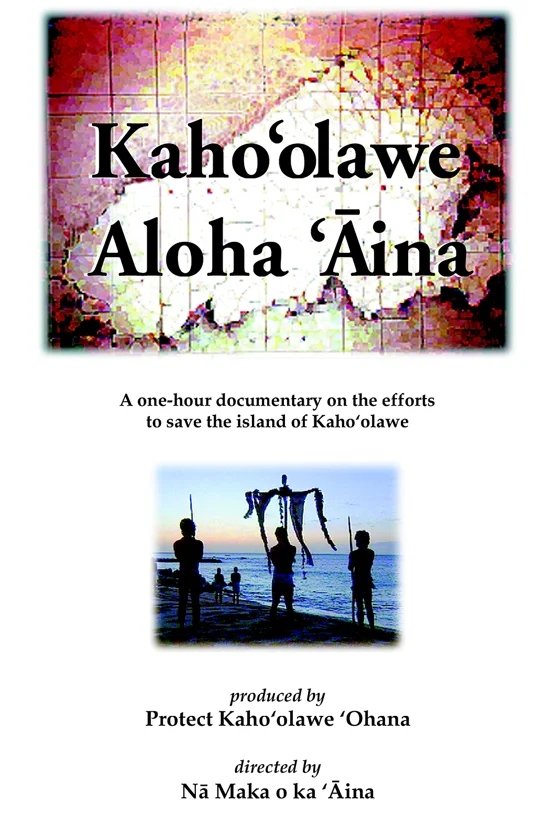
Kaho'olawe Aloha 'Aina
(Director)
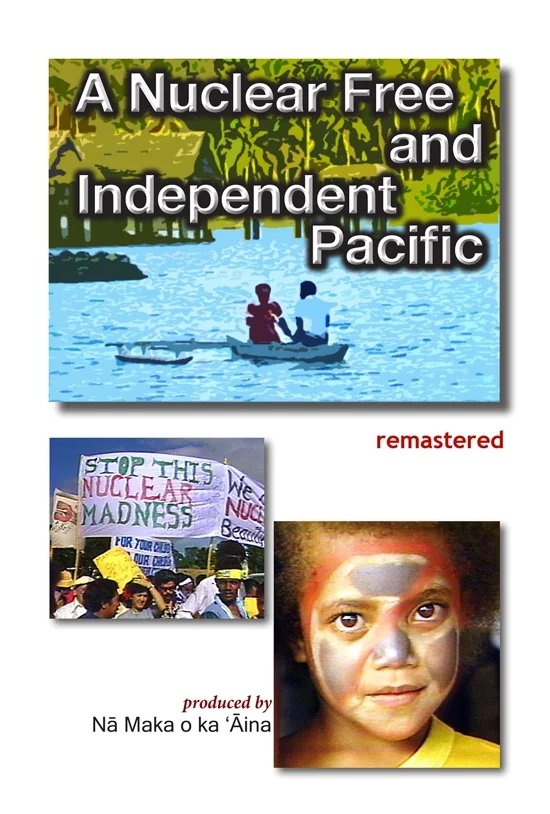
A Nuclear Free and Independent Pacific
(Director)
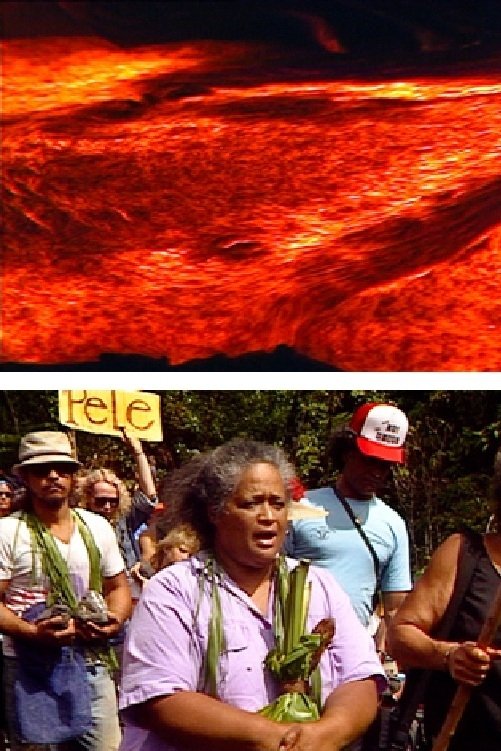
Pele's Appeal
(Director)

Pele's Appeal
(Editor)
